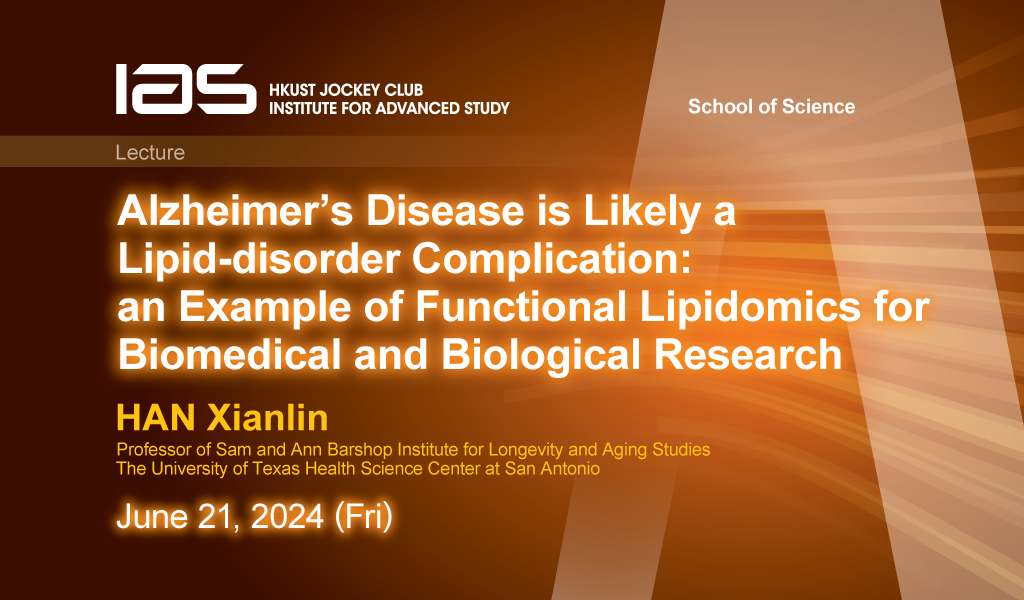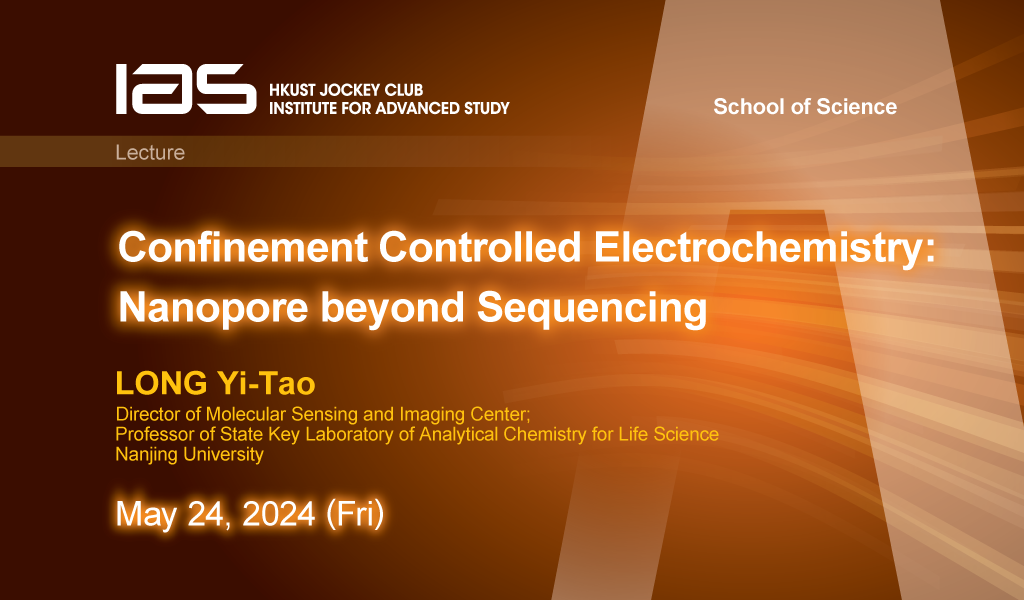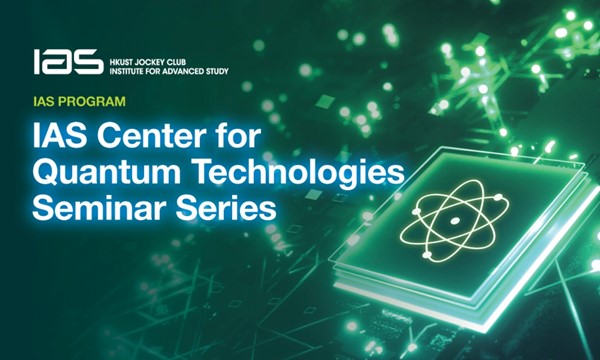For Attendees' Attention
This talk will be held online via Zoom. To attend, please join the Zoom meeting at https://hkust.zoom.us/j/92503111371 (Meeting ID: 925 0311 1371 / Passcode: 475970).
Abstract
Hybrid quantum systems based on spin-ensembles coupled to superconducting microwave cavities are promising candidates for robust experiments in cavity quantum electrodynamics (QED) and for future technologies employing quantum mechanical effects. In particular the electron spins hosted by nitrogen-vacancy centers in diamond. The speaker and his research group used this system to study a broad variety of effects, such as cavity protection effect and hole burning which can extend the coherence time and reduce dephasing. Furthermore, this platform allows the study of superradiance and the coupling of spins over macroscopic distances.
About the Speaker
Prof. Johannes MAJER received his MS in Physics from the ETH Zurich in 1997 and his PhD from Delft University of Technology in 2002. He then moved to Yale University in US and the Technische Universität Wien in Austria to study superconducting quantum bits and their coupling to a cavity which lead to the new field of circuit quantum electrodynamics (QED). In 2020, he joined the Division of Quantum Physics and Quantum Information of the University of Science and Technology of China and currently is a Professor there.
Prof. Majer’s research is focused on hybrid quantum systems, particularly at coupling superconducting quantum circuits to spins systems such as nitrogen-vacancy defects in diamond.
About the Center
For more information, please refer to the center website at https://iascqt.hkust.edu.hk/.




